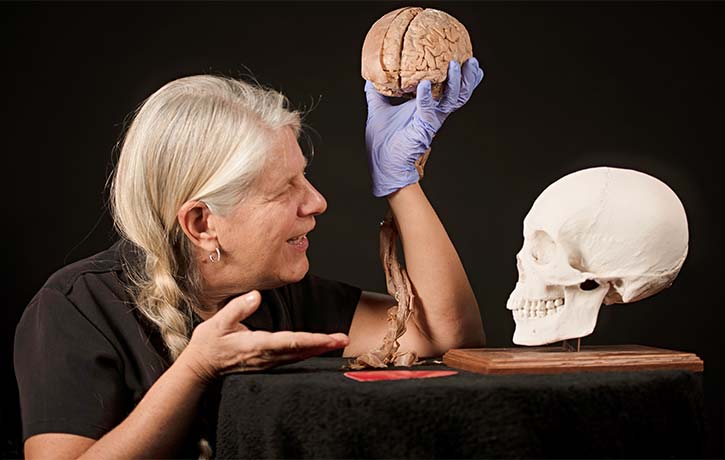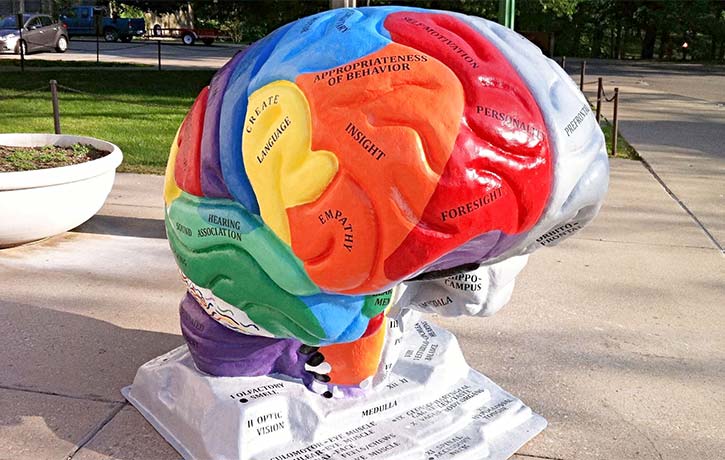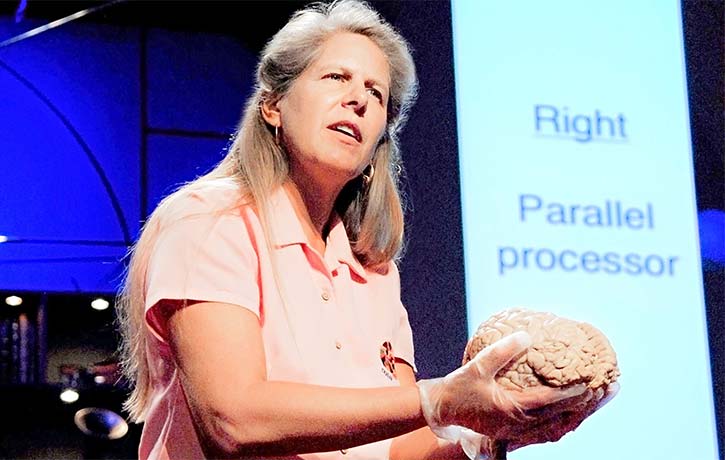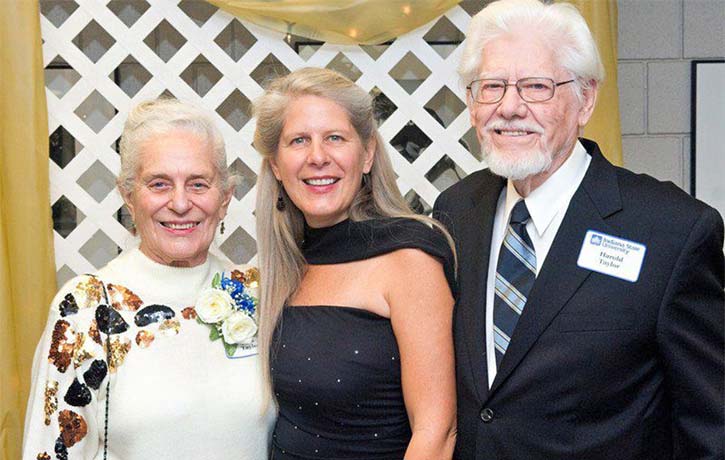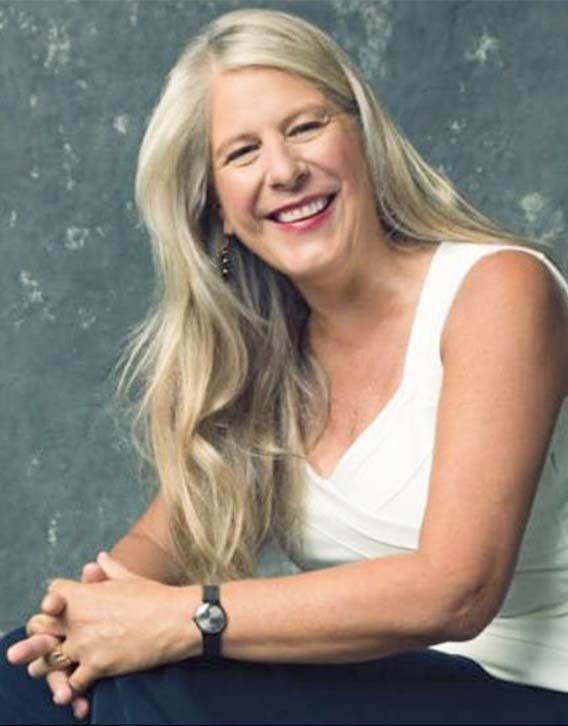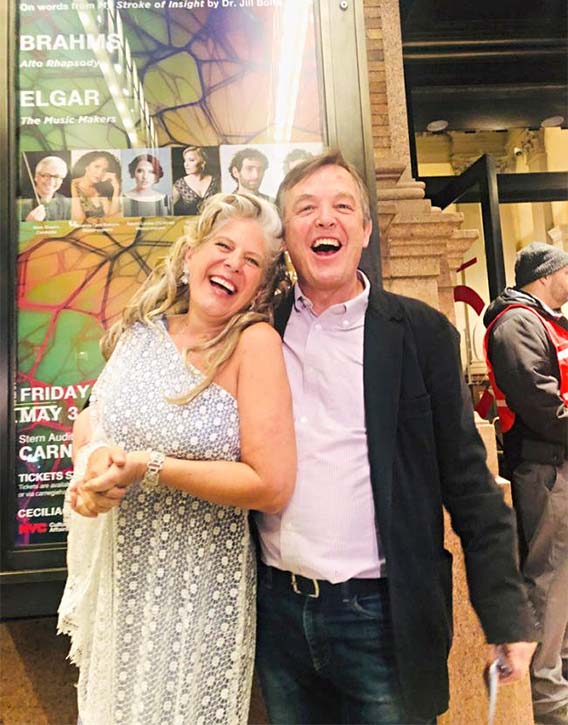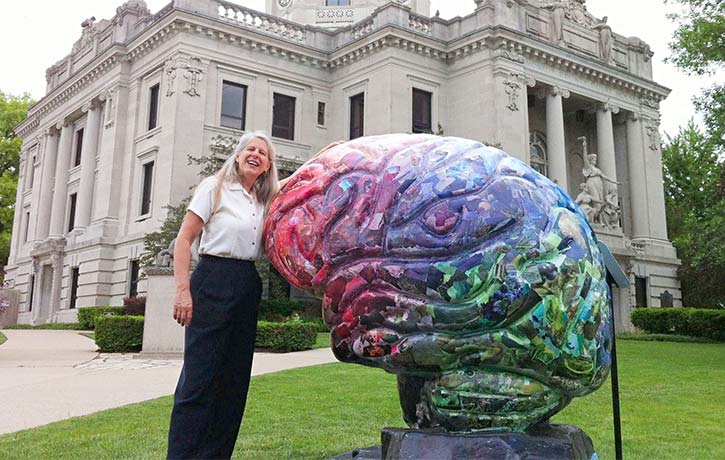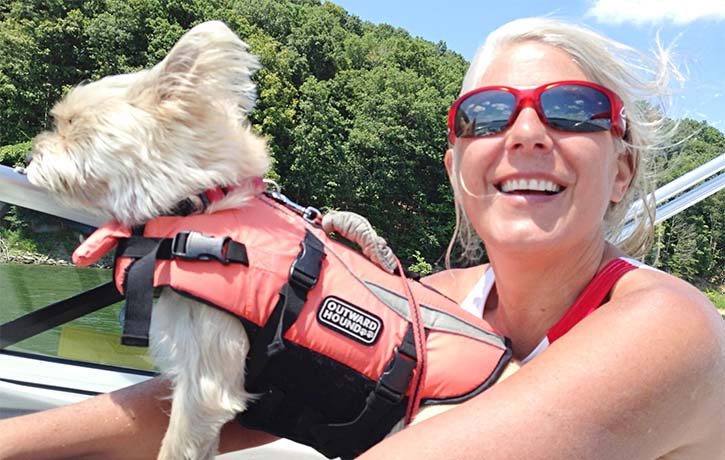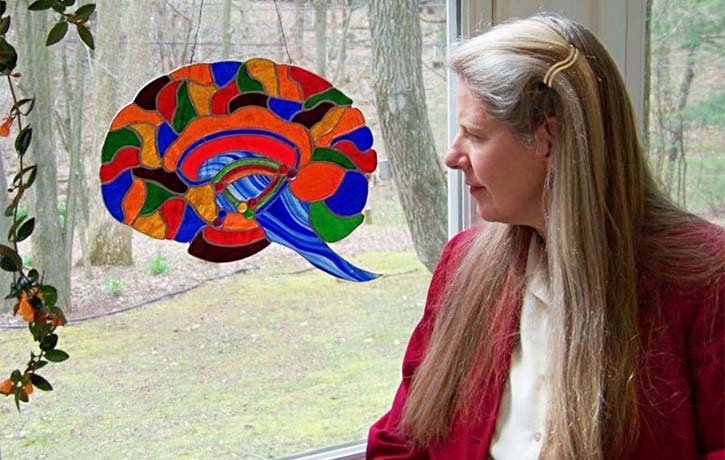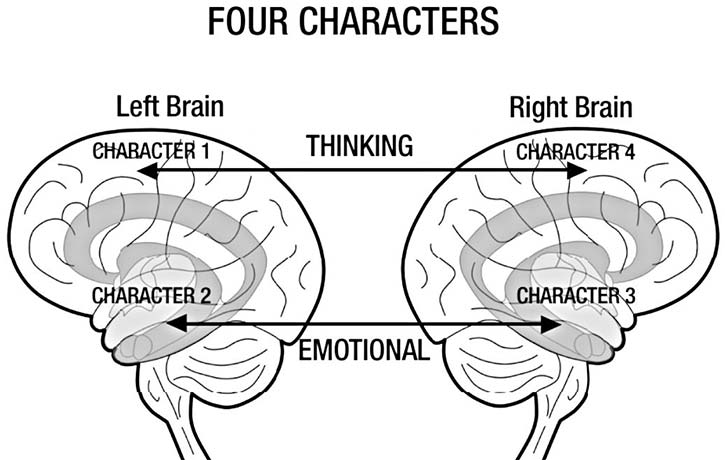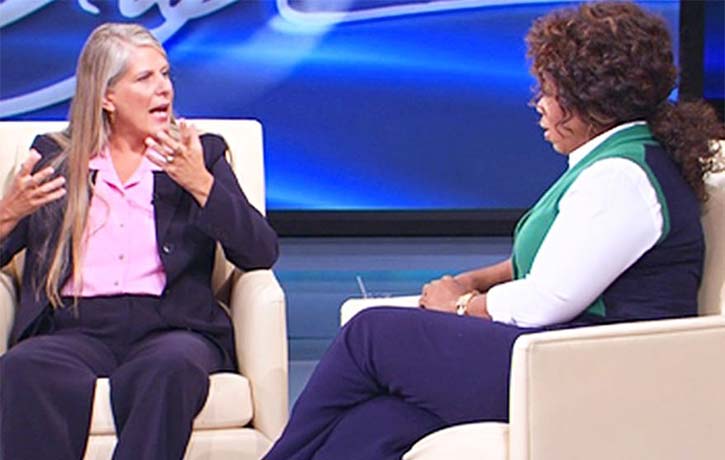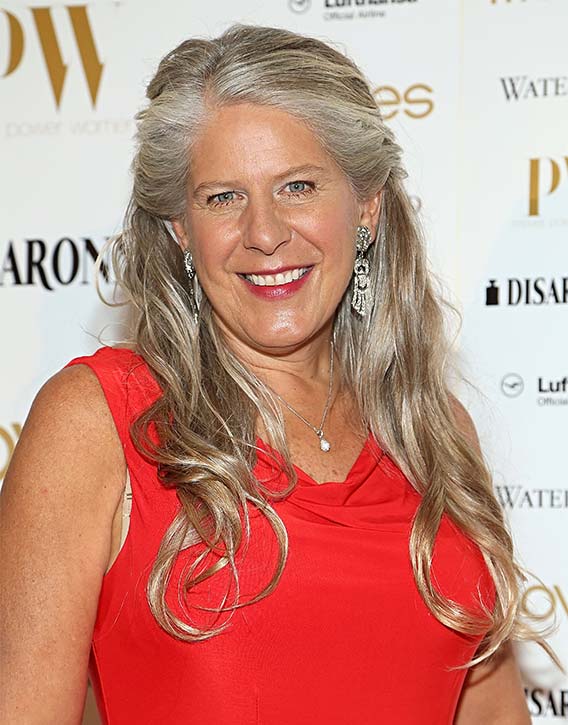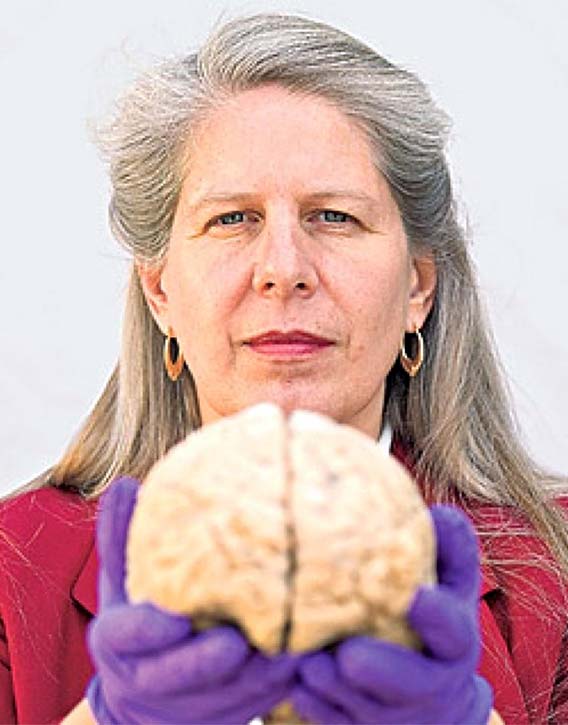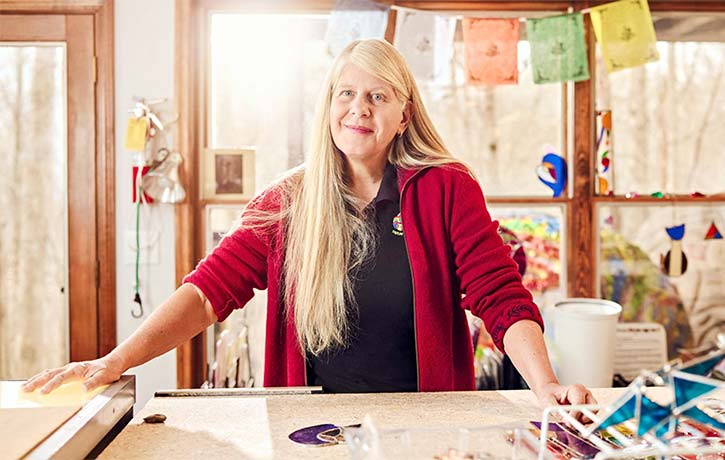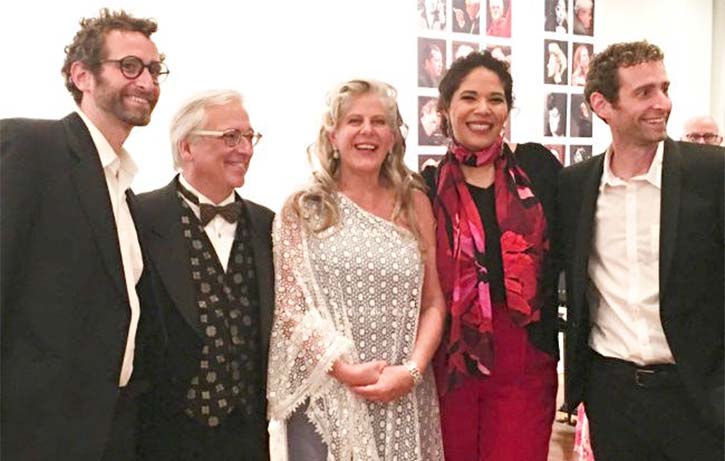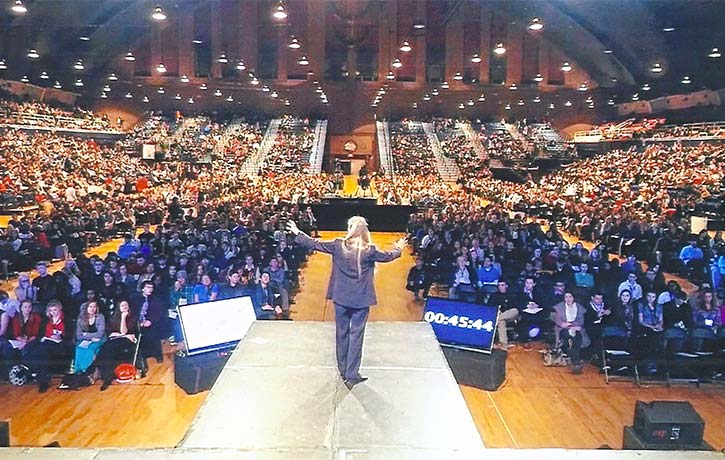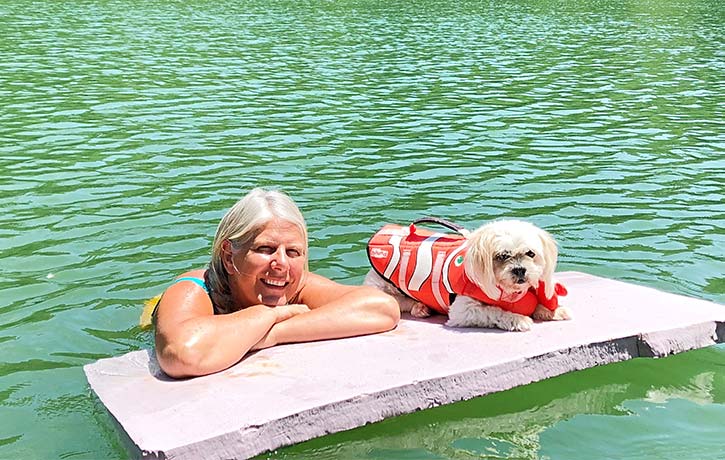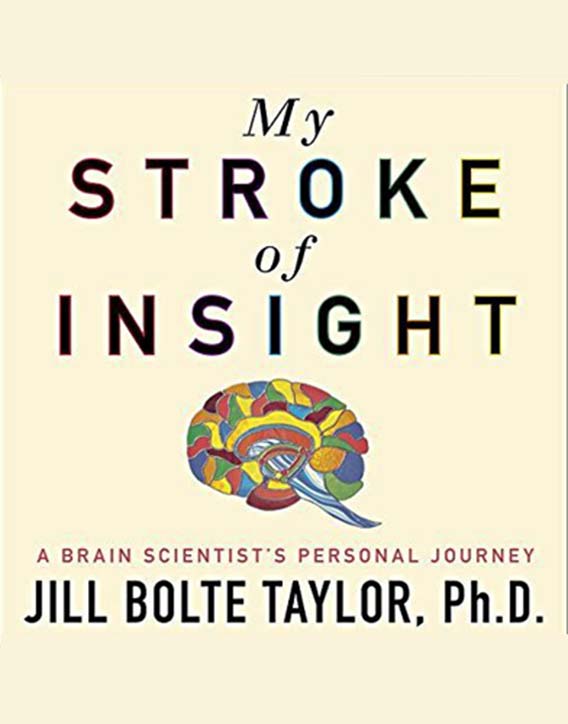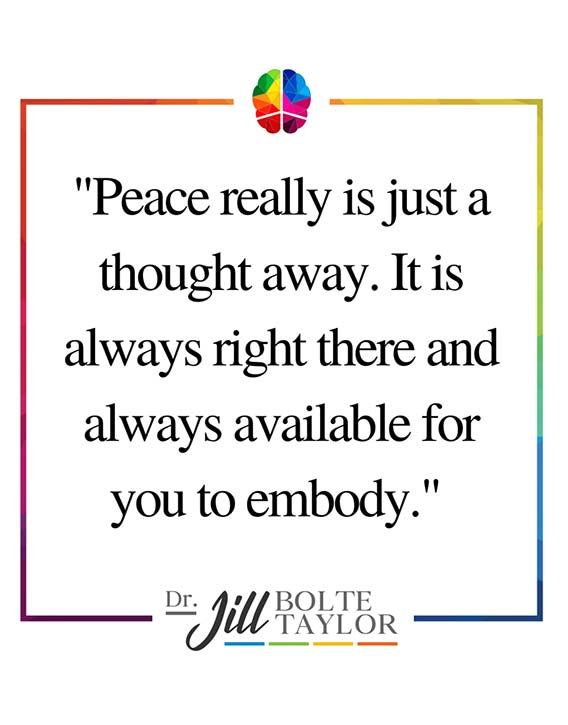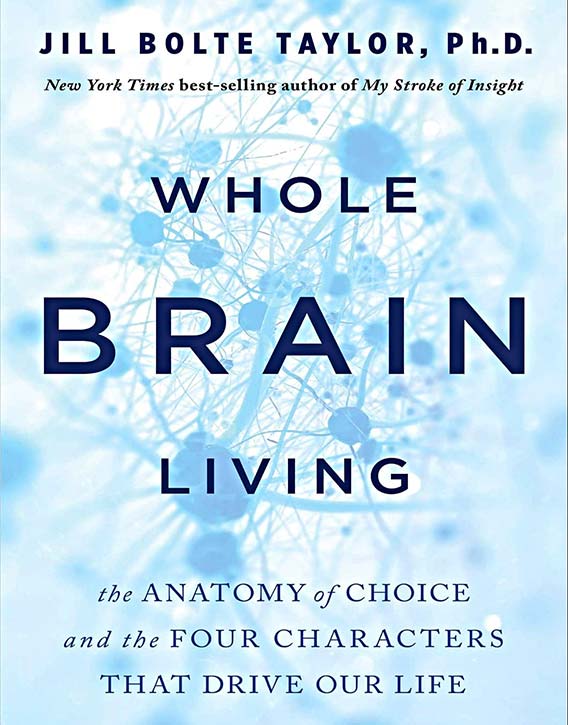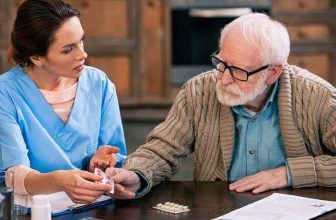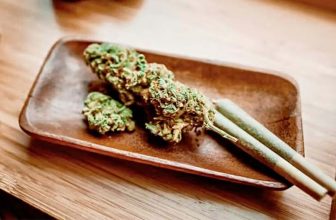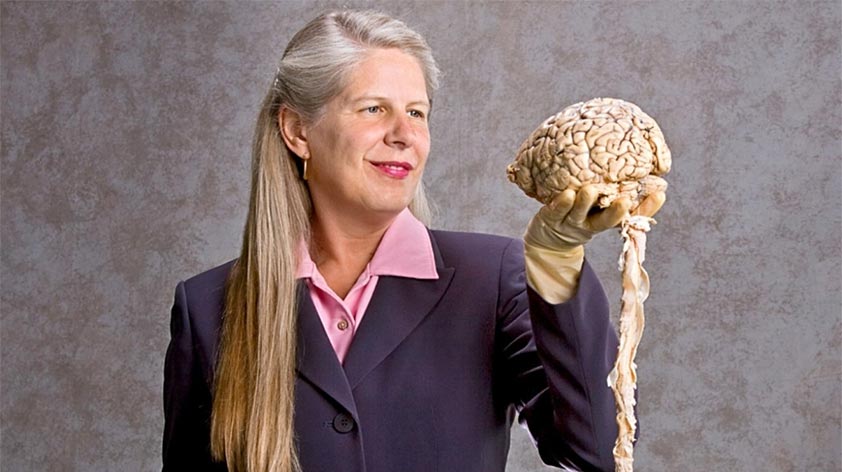
At 37 years-old (in December 1996), neuroanatomist and Harvard Ph.D, Dr. Jill Bolte Taylor’s life took a dramatic turn, in her words: “In the course of four hours, I watched my brain completely deteriorate in its ability to process all information. On the morning of the haemorrhage, (stroke) I could not walk, talk, read, write or recall any of my life. I essentially became an infant in a woman’s body.”
On the inside however, she was experiencing a totally different world, she found herself in blissful Nirvana whilst simultaneously trapped in a shell of a body, with utter loss of identity, structure, mobility, boundaries, language and speech. She needed to relearn everything.
After her stroke, Dr Jill spent 8 years in rehab and finally made an astonishing full recovery. This comeback she vividly describes in her 2008 Ted Talk, which was the first one ever to go viral, now with over 27 million views. Her book “My Stroke of Insight: A Brain Scientistʼs Personal Journey”, is a New York Times bestselling and award-winner, and TIME Magazine recognizes Dr. Jill as one of the 100 Most Influential People on the planet.
Being a compassionate and inspired motivational speaker, Dr. Jill has held numerous talks, interviews and podcasts, engaging vast audiences and eminent names, from Oprah, to Forbes, to no.1 brain performance coach, Jim Kwik, and many more. During these talks she’s often been asked just how she managed to get herself fully functional again, which led her to write her second book, “Whole Brain Living: The Anatomy of Choice and the Four Characters That Drive Our Life”, published by Hay House.
We had the graceful pleasure to pick Dr. Jill’s brain recently on her personal journey of discovery, where she explains how she evolved from a stroke survivor to a stroke thriver. Now, please take a few moments and wrap your brain around our exclusive interview with Dr. Jill Bolte Taylor!
Greetings Dr Jill,
It’s great to connect with you and we hope you’re keeping well. Welcome to Keep Fit Kingdom and thanks so much for taking some time out to share with us. Just to get your views briefly, have you taken a look at our site?
I think it looks interesting, and a great match for conversation. I definitely think to keep fit is important – you’ve got the ‘kingdom’ idea, and that you’re in the UK totally makes sense!
- Brain conversation
- Giving the brain BIG recognition
Well thank you, we think so too. Health, wellness, and mental health, and even spirituality are becoming more integrated these days.
For me it’s a segue, I don’t call it ‘spirituality’, per se. To see God is the expansiveness. That is just language. We all have these capacities, and we should not reject any of them!
So true. Our mission is to help a billion people reach 100 years of age happily and healthily, by the year 2100, your thoughts?
Well, I live in the States, so I have great concerns for living to 100 for the wrong reasons. The burden on our society is enormous, and I think we have at least half of that accomplished. We are keeping people alive for a very long time, but we’re not managing the quality of life aspect. You have to do both, you shouldn’t be doing one, or the other!
Definitely, quality of life is key. Thank you for these insights.
Perfect!
Background
Okay, so let’s start off with your background and career. First of all, your father was a very interesting man who was on the lookout for a model, a structure or ways to help people make the most of their potential – a great and honourable thing to do. Was he was among the most influential people in your formative years?
Yes, he modelled for me how to care for other people.
I see. In terms of your academic career, who were your most notable influences?
Academically, it was both my mother and my father. As teenagers, they both went back to college to get their Ph.Ds. So I saw that a Ph.D was an attainable goal, and always assumed that I would get one too, eventually.
Dr. Jill’s Stroke at Age 37: Her Ted Talk that went Viral & Interviews with Oprah Winfrey
You did, and became a neuroscientist. You had a stroke at the age of 37 and have talked extensively about your analysis of your experience whilst it was actually happening, in your interviews with Oprah Winfrey as well as on your Ted Talks, that went viral. Looking back on it now, can you condense down the 3 most poignant, memorable or impactful lessons you took away from it?
Yes, it’s that:
1. The brain has the ability to recover.
2. In order to do that, we need to get out of our own way, emotionally.
3. Nothing is more important in recovery than sleep.
- Jill giving her renowned TED Talk that went viral
- Dr Jill with her parents mom G G and dad Harold
When you were actually going through the stroke, did your mind, your breath, or both have an influence on your changing states?
Well, I don’t think I had any control of what was going on!
I see. In retrospect, would you say your experience was more in the brain or the mind? Is it possible to distinguish between the two, and if so how?
I’d say it was more in the brain. I think the mind is more what my thoughts and emotions influence, and the brain is anatomical. That morning was more a brain phenomenon, and my mind went along for the ride.
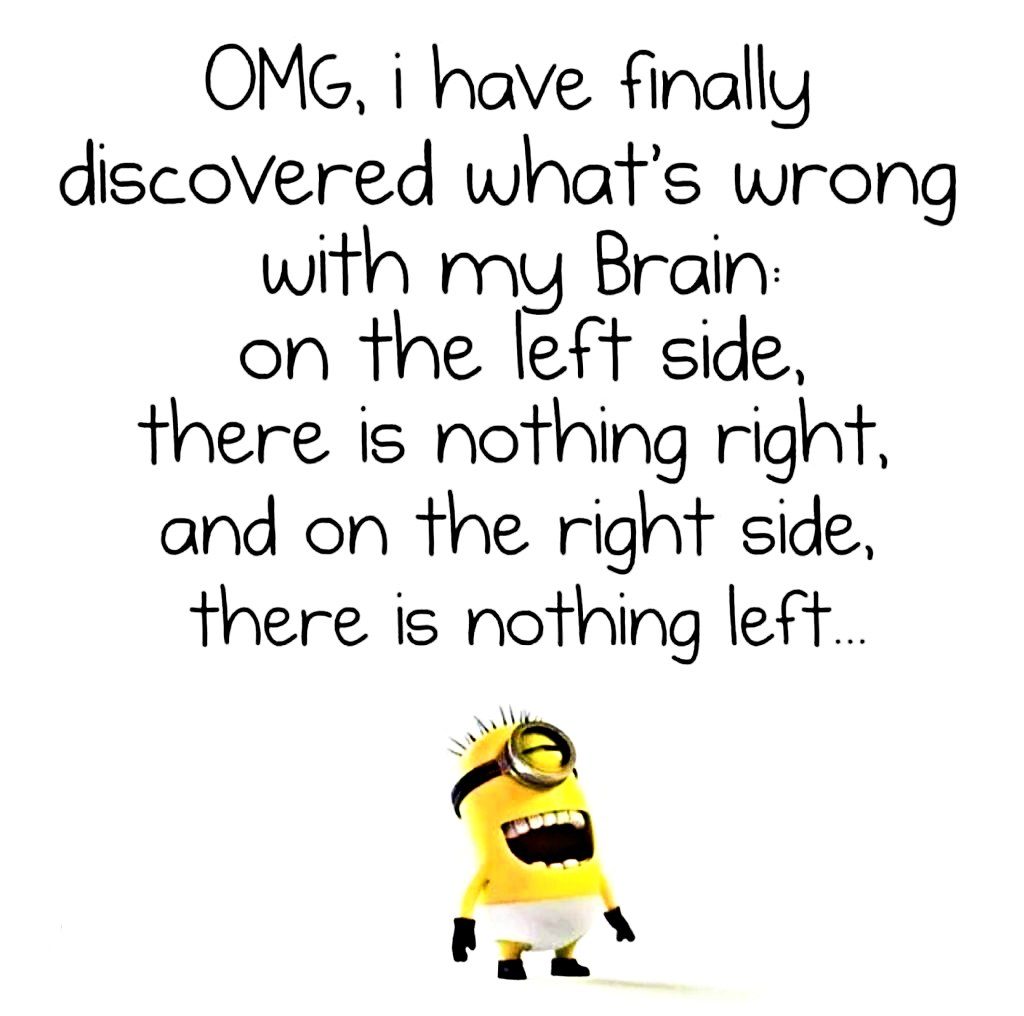
Among TIME Magazine’s Top 100 Most Influential People
Intriguing. You’re named among Time Magazine’s Top 100 Most Influential People on the planet. What possible further breakthroughs can there be in this area if you’ve already gone through the pinnacle of it and come through positively on the other side?
I think the pinnacle comes when people understand what I gained!
Meaning, if they could manage to have those insights for themselves, right?
Yes! Because then the insight becomes theirs, in their brain. Not just insight on what happened in my brain.
Your book will definitely help reboot a few brains. Do you expect a changed approach to medicine for stroke patients now, given what you’ve been through? How much of a challenge is it going up against the current healthcare paradigm status quo?
I think it takes a very long time for an academic system to change, and make any changes in its curriculum. However, having said that, in the last 20 years we’ve adopted the idea that the brain is capable of neuroplasticity, neurogenesis and the power of mindfulness. So regardless of what is happening in the institutions, the general public is driving change in the medical institutions in a way that it never had before.
There’s greater awareness. Given your experience, what do you think teachers should focus more on now in teaching students of psychology, public health and medicine overall?
I think the most important thing is to know that we have much more control over our emotional reactivity than generations before them have ever been taught.
We don’t want to get stuck in our “character 2’s”! (Editor’s Note: The fearful or reactive side of ourselves, discussed in detail later.)
Exactly!
A Day in the Life of Dr. Jill Bolte Taylor
Can you walk us through a day in the life of Dr. Jill, from the time you wake up until the time you go to sleep?
Well, I live on a river boat, called “Brain Wave”. She’s 80ft (24m) long, and my house on the water, so I always have to be aware that emergencies can happen at any time. So I live very much tuned to the nature around me, because of storms and potential danger, and I am dependent on my generator and my solar panels.
Whole Brain Living: The Anatomy of Choice and the Four Characters That Drive Our Life
I’m dependent on this machine working well, so that’s an ongoing constant in the back of my mind: “Am I safe? Am I able to do what I need to sustain myself out here?” If that’s all good, then I have my schedule, with either podcasts or interviews, scattered throughout the day to talk about the material in my book [“Whole Brain Living: The Anatomy of Choice and the Four Characters That Drive Our Life”], which came out recently in May.
So right now I’m doing all kinds of publicity, writing articles for different sources. I’m engaged in taking care of my life, and every now and again I go jump in the lake and cool down (both laugh) as it is HOT here! I also exercise, a lot. I have a paddleboard, and I row, ride my bike, or swim.
Friends and family come to the boat, so they spend time with me, and I work from my boat. I live an outdoor lifestyle in the midst of incredible green trees, water and beauty. I fuel my soul that way, and I sleep well at night.
I saw your boat on one of your podcasts, looks pretty homely and relaxing! And being active on the water assuredly promotes deep sleep.
“There is an underlying joy inside of me, which I nurture purposefully.”
Yes, it fuels me, so I can drive, drive, drive. Be very productive and I enjoy my life. There is an underlying joy inside of me, which I nurture purposefully.
Let’s talk about your latest book, “Whole Brain Living: The Anatomy of Choice and the Four Characters That Drive Our Life”. What’s the main message you would most like people to take from it?
That we have the power to choose WHO and HOW we want to be, at any moment.
Every day is ‘Choose Day’?
Every day is, moment by moment, and we have choices in these moments as to which of these 4 characters we are being, and which of these characters we WANT to be!
My “character 2” can be quite annoyingly persistent…
Yes, it’s important to know that.
Dr. Jill on Cosmic Consciousness
You’ve mentioned experiencing cosmic consciousness, that is a term I recall from “Autobiography of a Yogi”, by Paramahansa Yogananda. He gives a personal account of an experience of cosmic consciousness which is literally mind-blowing. Was that similar to what you experienced?
Well my experience was one of no language. The experience of being the atoms and molecules and particles of everything, as one thing. I did not see anything, I experienced everything in relationship and in flow with itself.
- Dr Jill always vibrant and smiling
- Having fun at Carnegie Hall Courtesy of Bloom Magazine
You mean, as more of an energy?
Yes, more of an energy. I was more energetic (than visual), visually everything blends together. I was a part of everything, and not separate from anything energetically. Everybody is going to have that experience as their own unique experience, so how does one brain put words to that? It is so difficult to discuss parts, when the parts do not exist, but you’re in the WHOLE.
The Little Left Brain and the Infinite Right Brain
Fascinating. Do you experience that a lot these days or is it a one off experience that you just remember vividly, or can you do certain practices to reconnect to that state of being when you wish to?
To me, it is not just an experience, to me it is a way of being. So my right brain is my dominant way of being, so I exist as that. Where I live fuels that comfortably!
On the water, in nature, yes, I understand. In your interview with Oprah Winfrey on her Super Soul Sunday series, you talked about nirvana and ‘being god’, or one with God. Are you meaning to say that everyone is connected to a higher consciousness, source or God, and perhaps they just don’t know it yet?
I think that that is our dominant, and then there is this tiny little group in our left hemisphere that separates our perception from that, so we can become functional individuals in the world.
It would be great if that tiny little group would quieten down a bit, and give that bigger perception more room! (Laughs)
Well, you’ve lived near the beach. Go and stand near the sea, at the edge of the beach and let your worries go. The wind and ocean will flush you, then you become more vast, open and expansive. You will allow yourself to be and perceive from that part of your consciousness. But you have to be willing to do that, set yourself up for success. In my perception of myself, I existed as fluid consciousness for 8 years.
I would allow myself to be whole-brained, but would not allow my perception of my (left brain) self to dominate over my perception as a collection of energies around me. So it is not something that I go and visit, it’s the opposite: I allow myself to be, and in that perception of left brain (I am an individual), but that is not my preference.
The B.R.A.I.N Acronym and the ‘Brain Huddle’
I see. In the present day, many people are fearful or anxious. You mention your approach, a ‘brain huddle’, where all 4 characters come together using the acronym BRAIN: Breathe, Recognize, Appreciate, Inquire, and Navigate as tools to transfer between the characters. For instance from character 2 (“Abby”) which is reactive and fearful, to character 4 (“Queen Toad”), which is more powerful, wise and loving. Can you give a few more examples of your BRAIN acronym idea?
Well, the goal for me is to bring the mind into the present moment. Our fears and our emotions are cells that are running our circuitry. So for example, they get ‘triggered’ because someone brought up the name of another for whom I feel contempt, and I’m holding on to this long term resentment. Then my friend calls that person’s name and it triggers me again, and every time anyone brings up that name, it triggers me.
- Bloomington Courthouse Extravaganza brain
- Dr Jill enjoying a boat ride
So personally, I get angry. So at those points, breathe! Breath brings us back to the present moment; that person you’re thinking negatively about, remember, was from 20 years ago! Don’t run an old circuit and give it the power to make this moment, or this relationship counterproductive around unhealthy things from your past.
From the BRAIN acronym, B is for Breath; bring your mind back into the present moment; R stands for Recognize, (i.e. which part of your brain are you running?) Are you in the present moment? Are you in the past? If you’re in the past, then you’re in your left brain. If you’re feeling contemptuous or antagonistic, then you’re in a past emotion (character 2), and you’re just analyzing the past. What shoes did I put on this morning, and why did I put those on? That is going to be your left thinking tissue (character 1).
If you recognize you are in the present moment, are you feeling joyful, are you feeling creative, open and expansive? Like in a relationship with others, are you in your playful, joyful character (3), or are you just pure bliss and feeling like, I don’t really care about ANY of that? I am alive and I’m grateful that I’m alive and time is way too precious to live in the past, let alone hold any resentment in the present moment. My pain from the past, belongs in the past! At any point, I need to recognize which of these characters I’m running.
A is for Appreciate. The fact that I have these 4 magnificent characters and they’re always there, always available to choose, to hook into.
I is to Inquire. For example, in the next moment, who do I want to be? If someone keeps repeating that person’s name, I could want to be character no.2, unhappy Abby, resentment (bla-bla-bla) or I inquire: “this moment and my time with you is too precious, being in the present moment is too precious, I want us to move on“, not hook into that resentment or pain.
I want to spend some nice quality time with you, so I’m going to inquire and choose to be in either my character 4, calm and stimulated, than run Abby, (character 2) circuitry. I instead may decide; “Let’s go and have lunch together”, spend some quality time and I’ll just let that little dig (in the ribs) go. I’m just going to ignore it, and if you bring it up again, I’m going to have another BRAIN huddle, and then I’ll decide.
In this moment N is for Navigate and maybe my character 1 will say, “Well I’m not interested in talking about that person. It makes me upset when I talk about that person, can we drop it?”
I see, yes.
You know we have choices! And the brain huddle allows us to consciously know what our choices are. Further, what part of those choices do I want to be in at this moment? I do have the power to choose!
Harry Potter Fans: You Already Know the 4 Characters Well!
You mean choose from among the characters’ better sides! You made this so easy to relate to, and I loved the parallels you drew on the podcast with Jim Kwik to movie characters. For instance from Harry Potter: Hermione as no.1, Malfoy as no.2, the Weasley twins as no.3, and Dumbledore as no.4. That’s quite the team to bring into a peaceful huddle together! Can you walk us through just how you do that?
Well, maybe at that point, Hermione is not the one to step in then. She can say that she can fix it and I can help you, but it’s going be no.4 that comes in and says, I can support you, even if you’re your worst self!
Character 2 is still a major part of the program. They’re all included however, we can all choose how we want to participate. I think the beauty of the whole Harry Potter series is that these 4 characters are about the stereotypical individual, but ultimately it’s about how good magic wins, and love conquers all. Isn’t that really what Harry Potter is all about?
It is indeed. Dr. Jill, your brother is schizophrenic. I know some people who have that diagnosis, as well as other psychiatric diagnoses. When it comes to schizophrenia, is brain surgery effective (as yet) in alleviating or improving behavioural or cognitive issues? How do you see this area of brain work evolving in the future?
Well the brain is a very big place, and there are a lot of different types of neurons, neuronal populations and the cortex -besides being a big place- is 6 cell layers thick. So the networking and communication between different populations of cells, located in specific regions of the brain (and different layers of different parts of the brain), create a very intricate and complex fabric of cellular communication.
So it’s not like it’s going to be able to add stem cells to a specific part of a brain in order to increase the amount of a specific neurotransmitter production, like dopamine that may decrease the impact of tremors in Parkinson’s disease, which is a different kind of problem.
Schizophrenia is, we believe, alterations in the fundamental wiring of certain parts of the brain, and if the brain of an individual perceives information differently, you need to retrain the disorder at the level of the cells in order to function more normally. I do believe that there are programs, that work and that look like they’re getting results.
If we ‘catch’ them at a younger age, can that improve the prognosis?
We don’t know. If we do not know all the details of what it means to have a brain that would result in schizophrenia: we need hallucinations (to experience sensory perceptions others do not experience), and to build a thinking system which is unlike other peoples’ thinking systems.
I think we’re a long way from understanding what is normal, and how to manifest a healthy brain at that level. I think it is so critically important that we take care of the one we have. We must nurture it, give it good food, good exercise, good sleep and pay attention to its health and stop poisoning it, you know, with different kinds of substance abuse.
Changes are happening, albeit not without hiccups along the way…
If You Have a Brain, You Have the Capacity to Live a Whole Brain Life!
Dr. Jill, what are the core tenets or principles of your health and medical paradigm now – is it universal – i.e., in theory, can it be applied to the whole of humanity?
I think every being with a brain has the capacity to live a whole brain life.
- Stained glass by Dr Jill
- The 4 characters
- Jill on OPRAH
Do breathing techniques play a role?
Breathing has to do with the ability to bring your mind into the present moment. To me that is the most important thing. If you bring your mind into the present moment, you’re looking at the world through a different lens. And if you look at the world through a different lens, you can relate to it, and not be stuck in the past or pre-occupied by the future.
Energetically as well…
Energetically as well. I do not practise a whole bunch of breathing techniques. Yes, I know different techniques and practises that people use, but I know where I’m going, I do not have to use those tools to get there, because that is where I already live. I do not need them to get there.
For those who’ll be reading your book, can you advise a method that they could try in order to calm and soothe Abby?
I visualize breath as a train. It begins the moment I’m born and it ends when I die. And other than that it is a vibration, a train running on a train track and it pulses like a freight train, it has peaks and valleys, and that is a breath!
The breath changes in its volume, strength, and frequency, just like life itself. It is always there. It is a constant that I can use, visualize what my breath is doing in this moment, and that brings me into the present moment experience
It’s okay when I’m in the present, what is there to worry about? If I’m running a brain huddle, I’m immediately bringing my mind to; “OK, which of the 4 characters am I running?” I’m thankful that I have all 4 to pick from. I’m not running on automated reactivity!
Learning More About the Brain
That is a great start, breaking that cycle of reactivity. We get a lot of questions about the mind and the brain – which is the higher faculty, the mind or the brain?
Well, without the brain there will be no mind, so we’ve got to start there. Then we move to their functions.
Why are we not taught much (if anything) about the mind at school, and do you think it’s time for that to change? What would be the first steps in that direction?
I think it is changing, in that now we have some understanding of the brain’s anatomy: the amygdalas, the hippocampi, and the anterior cingulate gyri (or cortex). This is the language that a lot of children are now being taught. They are being taught about their automatic emotional reactivity. I mean, the time has come – now we have the tools and better understanding, so we can train our kids to do this.
Some school systems do this, others have yet to get there, but socio-emotional learning is a big thing right now! There are less outbursts, less fighting, children feel safer, and when children feel safe, they behave completely differently.
- Dr Jill Taylor Image courtesy of TIME Magazine
- I give you a brain use it wisely
Health & Fitness: Why is Movement Critical?
For personal reasons, I’ve been working on getting my energy levels up; where do you think exercise like cardio, as well as resistance, or weight training come in, in terms of endorphin or endocrine system release? Would you say that is also a way to help pacify Abby, anxiety or our character 2?
I see the body as this living, fluid entity and moving the body increases movement of everything in that body: it moves the blood, it moves the lymph, it moves the digestive tract, it keeps it moving. To me, movement is critical; there is a direct correlation between the amount of movement a person does and how close to death they are. I think it’s important to move!
I heard you work out a lot. You have a rowing machine which is great, as it works 86% of the body’s muscle mass…
I’m over 60 now, I ride my hydro-bike on the water, I always travel with a 5-pound weight, my arms are in constant movement when I’m out on the water. This way I get whole body movement and I’m working my abdominal muscles, my obliques on the side and my rectus abdominis as well.
I want a whole body workout when I bike, why not use the whole body, not just a part. When I row, yes, that is a fantastic whole-body workout, the same as when I swim. Paddle boarding is great for the core. Do what you enjoy!
I’m not a huge advocate for ‘everybody needs to go to the gym’, I’m saying: “Lean over, pay attention when you’re emptying out the washing machine, do what you do, consciously. Yes, this also counts as movement, this is exercise, but now, do it more consciously. Add a little enthusiasm!
If I’m stretching, reaching for my gallon jug, I can make it a challenge and put my gallon jug in my refrigerator, it’s not necessary to put it on the top shelf, reach further down. We have to realize: movement in life equals exercise. We don’t have to set a time aside and go ‘somewhere else’ and do it. Every movement you make counts, so make it count. Be conscious of it!
We have written articles about this. I also do weighted walks with several kilos in my backpack. Doing chores (laundry, vacuuming, dishes etc) whilst wearing extra weight is a great way to be more conscious of what muscles you’re using while you’re moving.
Exactly! That sounds great.
How Meditation & Mindfulness Influences Health
Do you believe meditation influences or affects health? If so, how?
I think meditation is a very big word, that covers a whole lot of different things. Do I think somebody needs to sit quietly in a corner, and hum, and breathe incense? You know those are all forms of meditation, visualization is a form of meditation, walking in nature can be meditation, walking on the beach can certainly be a meditation. Consciously choosing to empty your mind of the ongoing busy-busyness, doing-doingness…You know, get off your smartphone! Reflect.
- Dr Jill Ted Talk on Teen Brains
- Dr Jill in her art studio
Pay attention to your breath. Slow yourself down. Open yourself up to new possibilities. Bring your mind into the present moment, that for me is the power of meditation!
The ultimate goal is to bring the mind into the present moment, so you can shift out of your busy, analytical, dictatorial boss, to-do left brain; and it allows you to open up into the experience and the expansiveness of the present moment. That’s where we feel refreshed. That’s the pause – we cannot just push, push, push – it’s the pause that happens when meditating.
The power lies in the silence in-between the thoughts.
The Evolution of Healing & the Medicine of the Future
How do you think Dr. Jill, that the landscape of healing will evolve in the next 5 years? Do you see energy work as the medicine of the future? How about thought as medicine, do you think that is a possibility?
I think it takes everything! Different people are using different tools right now, and with the internet, we have alternative options as opposed to just the medical system. And I think that not taking advantage of thinking systems that have been around and effective for thousands of years – ignoring those is a mistake.
At the same time though, the current medical systems are great for acute care: if I break my ankle, I’m not just gonna sit around and meditate on that (both laugh). Now I will do that, but I will go and get it set first, I will deal with the immediate situation and use the medical system for that.
You know traditional medicine is one that is based on disease, it is not based on wellness. So if I’m dying, if I were to have a terminal illness, a part of me, thinks; do I really want to put poisons and toxins that rush through my body, that kill more cells than just the cancerous ones into my body? Well that is a big choice!
Am I going to seek alternative options, options that may actually increase my immune system strength in order to defeat the problematic cells? Then I may have to consider not eating unhealthy, greasy foods. See, another choice.
I have to take care of my cells. Am I giving them movement? Am I loving them and listening to them? Am I using their knowledge, and really hooking in healing energy in order to do the healing inside of my body? I think there are advantages in both systems. Finding the perfect balance for each individual will be an individual choice.
Say “Hi” to Your 50 Trillion Beautiful Molecular Geniuses
Empowering. You mentioned needing to take care of ourselves at a cellular level. That reminds me of something you said in a recent podcast – that it was astounding to realize that just a tiny group of cells make up our identity, and that these brain cells are actually conscious. I once had an experience during a meditation, where I said “Hi” to all my cells, and my entire body and each cell, en masse, said “Hi!” back, in a wave-like motion, something akin to masses of people cheering in a sports stadium. It was amazing to experience such a response.
(Laughs) How perfect is that!
- Fifty Trillion Molecular Geniuses May 2019 Carnegie Hall
- Jill giving a talk
- Jill and pet dog Bella on the lake
I see us, our conscious minds, as a vocal thinking character, which is the boss inside of our head, because it has a language. You said “hi” to all your cells, and those 50 trillion beautiful molecular geniuses were so enthusiastically saying “Hi Mom, see me, I’m here. Send me love, send me help!”…That is how they are! More people should recognize that our body is actually listening to our every word and thought. Well, we know every hostile and negative thing we say gets hooked up by our character 2, and fear grows. People should grow more enthusiasm, as that’s our nature.
Exactly. Check what we’re growing, are they weeds that automatically pop up from unconscious reactivity, or beautiful plants that we’ve consciously planted ourselves?
Yes, because something will definitely grow there.
Recognize the Choices You are Making
So, Dr. Jill, based on the number of people you’ve taught and engaged with over the years, what would be your top tip to live happily and healthily to a one hundred-year goal?
Well that is the goal of “Whole Brain Living”, and why I wrote the book. When we know who we are and can recognize the choices that we’re making, then we can choose to live in a way that supports life. We can choose that, instead of hooking into the parts of ourselves that fuel our illness.
What’s the most challenging and most rewarding part of your work?
The most rewarding is having a happier and healthier life. The most challenging is giving up our addictions to all this stuff in the external world. Whether my addiction is food, alcohol or meeting other people, some people are even addicted to their anger.
We don’t like that little character 2, that left brain emotional brain gets attached to ideas like: “I drink when I’m angry”. Or, “when I’m angry, I know who I am, so I like being angry.” That way, you just give all your power away!
Emotions are a tough nut to crack! I know someone who’s finally allowing herself to express them. Yet they are controlling her, she’s not in control. That cannot be good.
It isn’t!
I sincerely hope your book opens people’s eyes, and serves as a catalyst to stimulate real change in their lives.
You know, actually, our character 2 isn’t a bad character in our life, she’s truly a superhero. This is the part of us that was willing to step back from our blissful euphoria, so that we could live in our physical body, and be aware of previous scenarios – the past – in this moment so that we can protect ourselves in the present moment.
Yes, and now we learn to take it a step further, make better choices.
- Dr. Jill’s first book My Stroke of Insight
- A peace quote from Dr. Jill Taylor
Lifestyle
What does Dr. Jill’s typical diet look like these days? What are your regular go-to recipes?
Green vegetables, I eat a ton of veggies! I grill them, add a little garlic, pepper and ginger. Every now and then, I’ll eat some fruits when I’m in the mood for something sweet.
What’s your best energy management tip to quickly shift ‘Abby’ or a low mood?
Exercise, and I drink a lot of water. I live on my boat, which can be very hot, and when I do not feel well, or tired, I go jump in the lake and cool down.
Sounds refreshing! Indeed, cold showers have been proven to lift depression due to stimulating the endocrine system to release certain ‘feel good’ hormones.
Fun, Leisure & Reflections
What’s one geeky thing that people don’t really know about Dr. Jill?
I listen to about 3 audio books a week; they’re not all educational, though. I like a good mystery, and I listen to just about every book on the brain there is out there!
What are some of your other hobbies?
I do stained-glass art, and stone carving with limestone. I’m also teaching myself how to draw animals, I love to paint. I might not be good at some of these things and better in others, I’m very crafty. I’m good at repairing things, including mechanical things on the boat, like the generator, I change my oil and do my maintenance and all that. I love it! For me they are like puzzles you know.
Fixing things up can be very therapeutic…
Okay, favourite music?
I like folk music. I like real people who are real with their souls. I love singer songwriters, throw in a guitar, throw in a keyboard. I just love real people, who sing real songs originated from their souls.
Favourite movie?
I love “Young Frankenstein”, but he eventually marries…
The movie where the assistant gets asked: “Abby? Abby WHO?”
Yes! “Abby, Abby Normal”, “You had me put in an ABNORMAL brain?”
I know it by heart!
Brilliant movie! What’s one of your favourite books that has inspired you most so far?
I loved “The Alchemist”, by Paulo Coelho. I found that a profoundly beautiful book. Further, I listen to so many books these days!
What’s your proudest accomplishment so far, and what dreams do you still wish to achieve?
My greatest accomplishment is that I survived and recovered from my stroke. My greatest ongoing dream is to help humanity evolve into their whole brain. That will be the evolution of humanity – springing into our best selves. I’d like to bring that to the table.
Inspirational Quotes
Wonderful goal. What’s a couple of life quotes or motivational sayings that inspire and motivate you to be and do your best?
“I must be willing to give up what I am in order to become what I will be.” -Albert Einstein.
“Stay soft, and the world will soften with you.” -Dr. Kat Domingo.
Dr. Jill’s Message to Her Students, Followers and Keep Fit Kingdom Visitors
Finally, what special message would you like to share with Keep Fit Kingdom readers and those who follow your work around the world right now?
We have so much more power over ourselves than we’ve ever been taught about!
We hope you found our interview with Dr. Jill Bolte Taylor inspiring as well as practically encouraging!
Find out more about Dr. Jill’s eye-opening, valuable, cutting-edge brain research and insights in her latest book discussed above: “Whole Brain Living: The Anatomy of Choice and the Four Characters That Drive Our Life”, available to order now on Amazon and follow her via social media on LinkedIn, Facebook, and Twitter. In case of a STROKE, remember to ACT F.A.S.T.!
If health and healing is your thing, join our FREE, 7-day energy-boosting study and check out our in-depth exclusive interviews with Dr. Michael Dixon, plant-based advocates Dr. Laura Freeman, Dr. Gemma Newman and addiction specialist, Dr. Niall Campbell. So, what’s your health and wellness transformation story? Let us know in the comments below, and join in the conversation this summer on Facebook, Twitter, & Instagram!
Acknowledgments:
Communications & coordination by Marleen Lam.
Editing by Raj Khedun.

